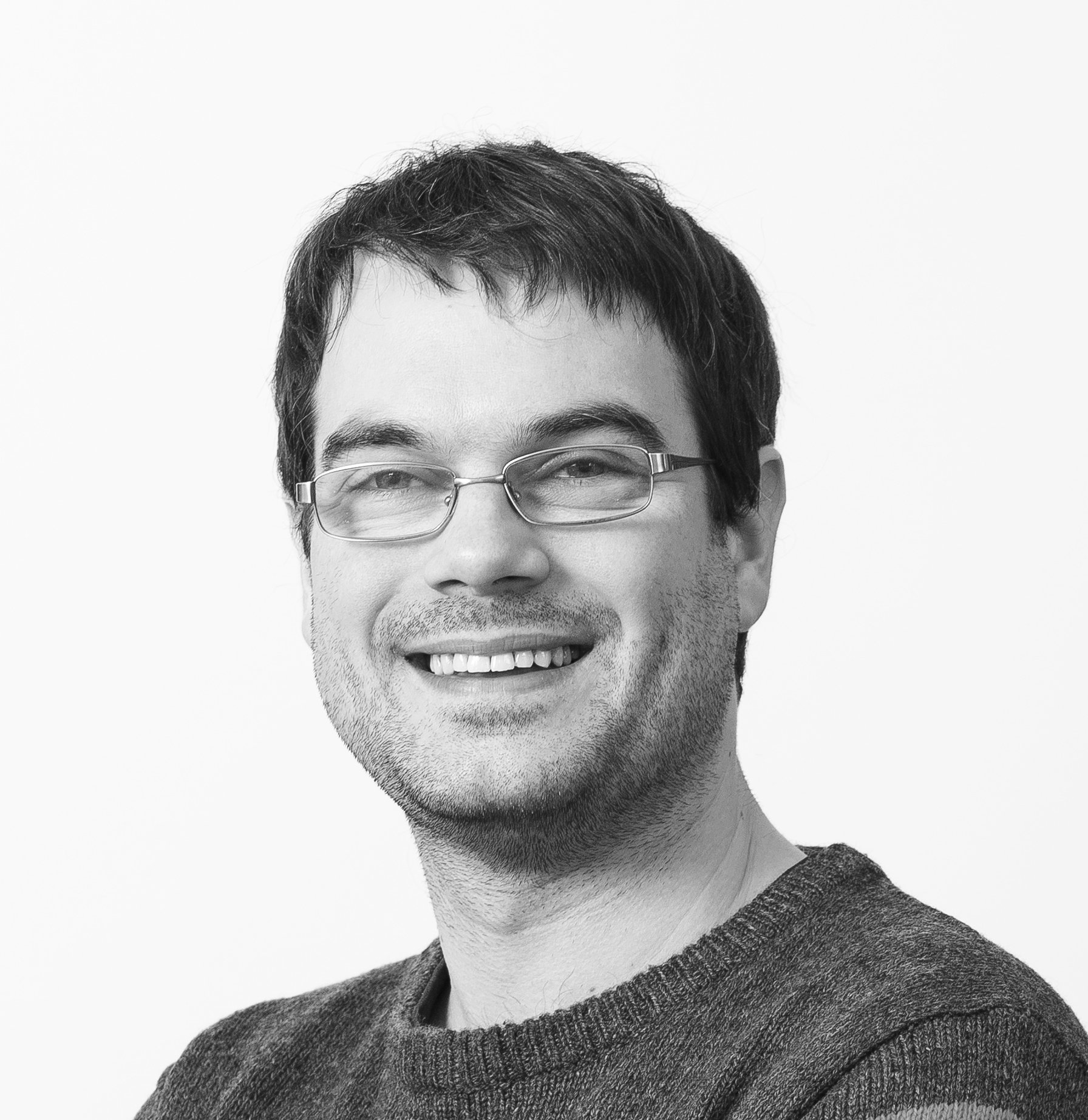Nordics' Glenna research cloud project underway
Researchers in the Nordics will soon enjoy a new cloud infrastructure from which to share systems and resources
Researchers across the Nordic region will soon enjoy a new cloud infrastructure from which to share systems and resources and aid collaboration.
Originally named the “Nordic Cloud”, Glenna – meaning “opening in the cloud” in Icelandic – is a collaboration between research councils in the five Nordic countries under the umbrella of the Nordic e-Infrastructure Collaboration (NeIC). This is a sub-organisation of NordForsk, which facilitates and provides funding for research co-operation and research infrastructure across the region.
Although research collaboration across the region is nothing new, the existing IT infrastructure is somewhat fragmented.
Researchers in Sweden, Norway and Finland all use OpenStack. Denmark and Sweden have significant experience in data analytics, with projects using Spark and Hadoop. Finland and Norway use Puppet for configuration management, whereas Iceland so far lacks a national cloud project for research.
In addition, each country operates national IDs for researchers, such as Haka in Finland and Swamid in Sweden, that stay with the individual throughout their academic career.
Read more about IT in the Nordic region
- It is a common perception that the adoption of cloud computing in Europe lags behind the US, but the tide now appears to be turning – and the Nordic countries are leading the way.
- In a survey conducted by the European Commission’s Eurostat statistics service, public cloud computing was reportedly used by 24% of large enterprises and 12% of SMEs in the EU.
- The European Commission's Digital Economy and Society Index (DESI) ranks Denmark, Sweden and Finland at first, second and fourth place respectively in a list of the European Union's most digital nations.
Rather than create an entirely new infrastructure from scratch and deal with cost and legacy issues, NeIC selected a federated cloud approach to take advantage of the existing infrastructure and allow for future flexibility.
“We are building on things that already exist,” said CSC Finland’s Dan Still, who is acting as Glenna project lead. “Let's say the ideal service that a Norwegian researcher needs is located in Sweden. Wouldn’t it be nice if that researcher could use her national identify to log in to the Swedish system and use the service from Norway?
“The key requirements driving the need for Glenna are demand access to burst resources, data analytics support and improving collaboration across the region with easy access through the Kalmar2 federated trust service,” he said.
“Existing university networks are good quality and efficient, so it’s something we want to build on rather than start from scratch or use a commercial provider. In the near future there will be a need to do analysis on data that’s freely available, so getting computing power close to the data will be a positive thing for everyone involved.
“We want to be technology-agnostic when it comes to the infrastructure,” added Still. “Most of us run Open Stack, but for instance OpenNebula is popular in European cloud collaborations. What we’re looking for is to enable Nordic researchers to run their experiments and manage their data on whichever of these cloud resources is most appropriate to their project.”
The biggest challenge beyond technology is the administration of the federated aspect of the service. A large chunk of project hours are set aside for figuring out the administration and cross-country billing processes required. Some funding from NeIC is earmarked to help soften the blow of cost discrepancies across the countries.
The two use-cases considered by Glenna are a generic application in high-energy physics and a potential project with the Biobanking and Biomolecular Resources Research Infrastructure (BBMRI). Later this year the team will demonstrate the capability to run on at least two Nordic cloud resources, while the project itself has a target implementation date of September 2016.









